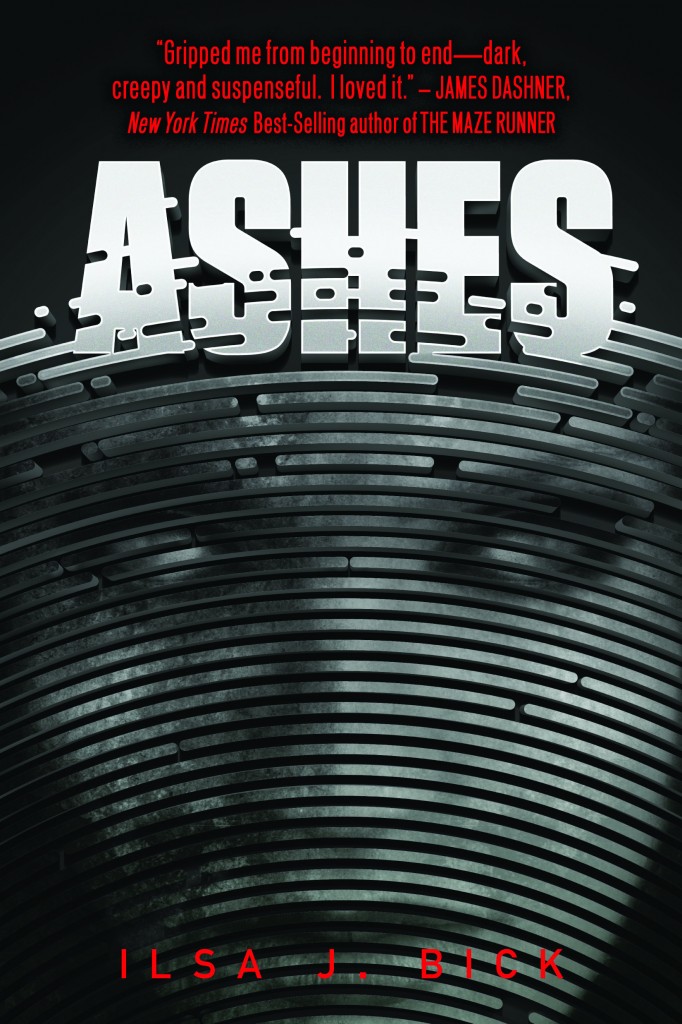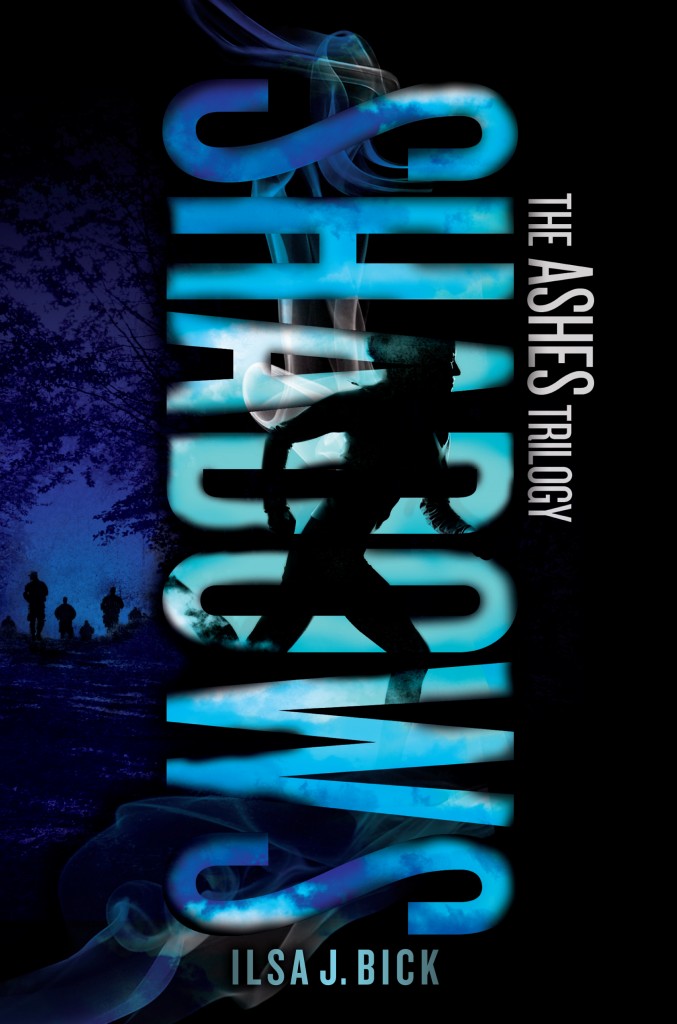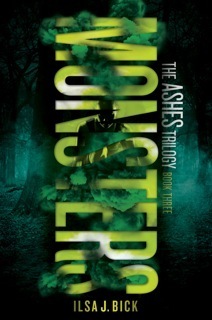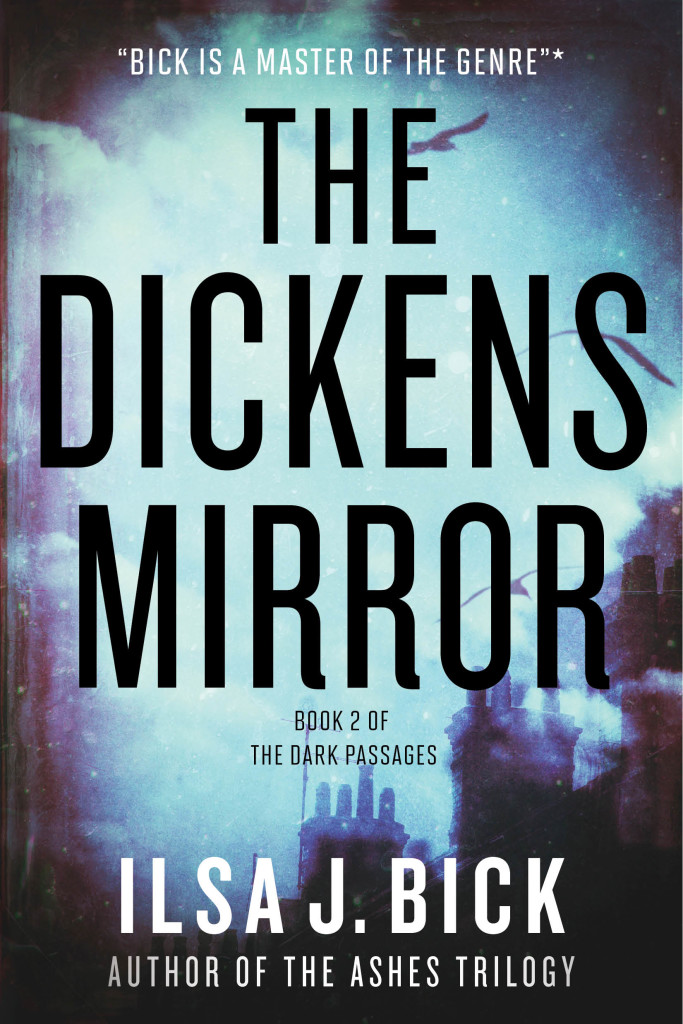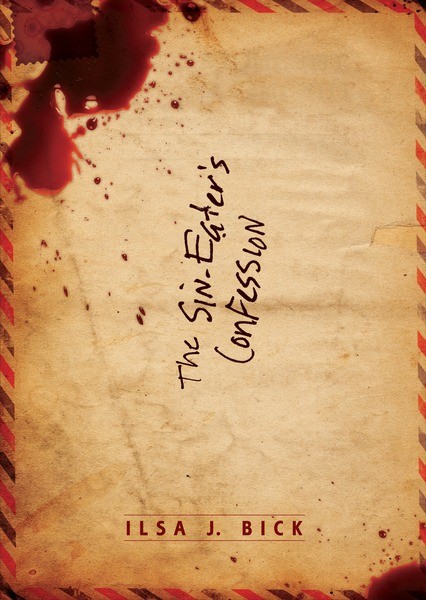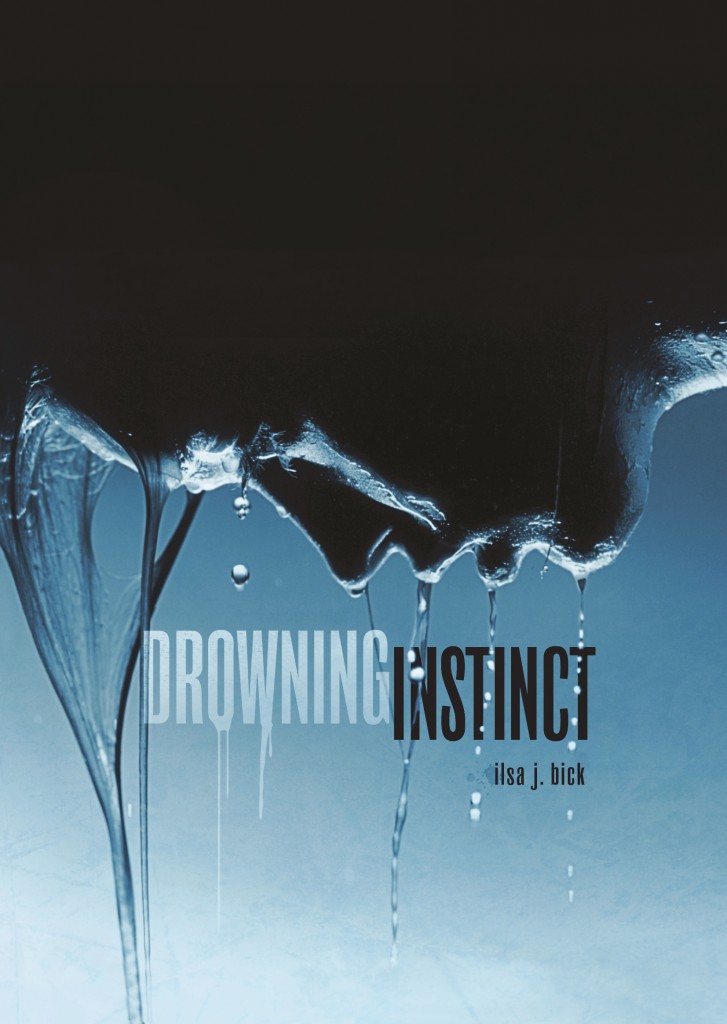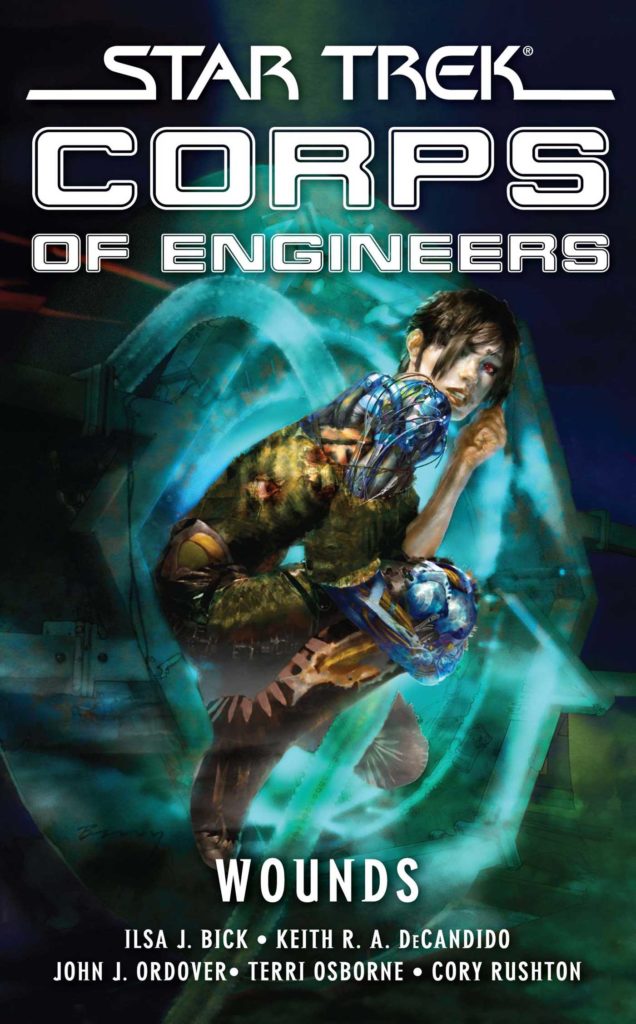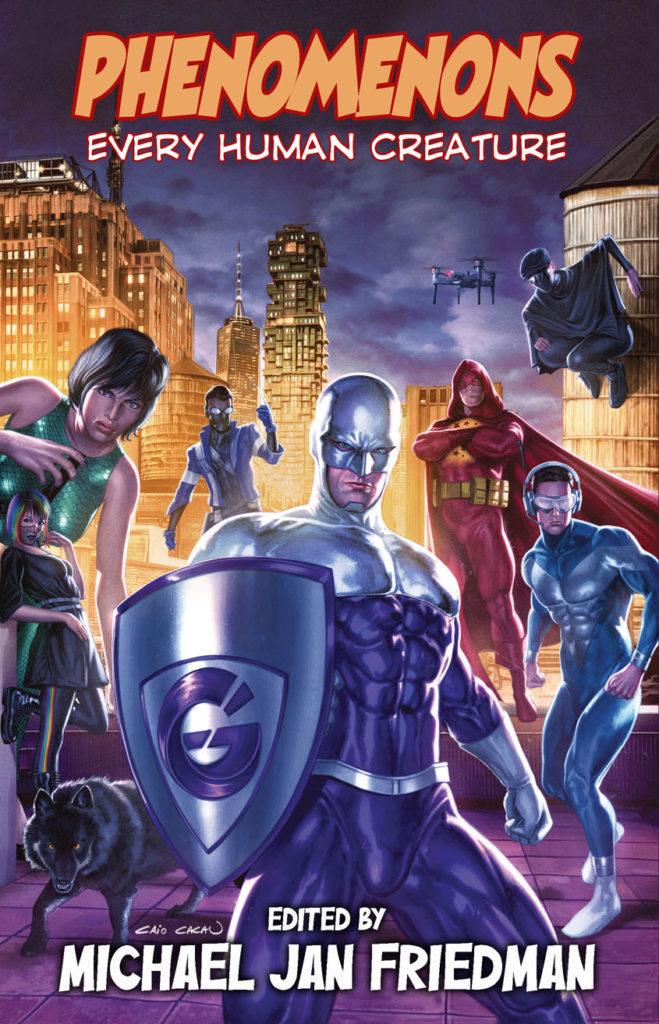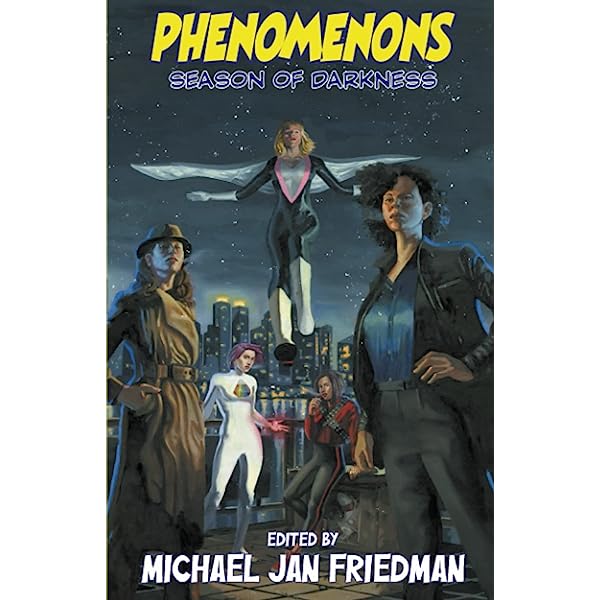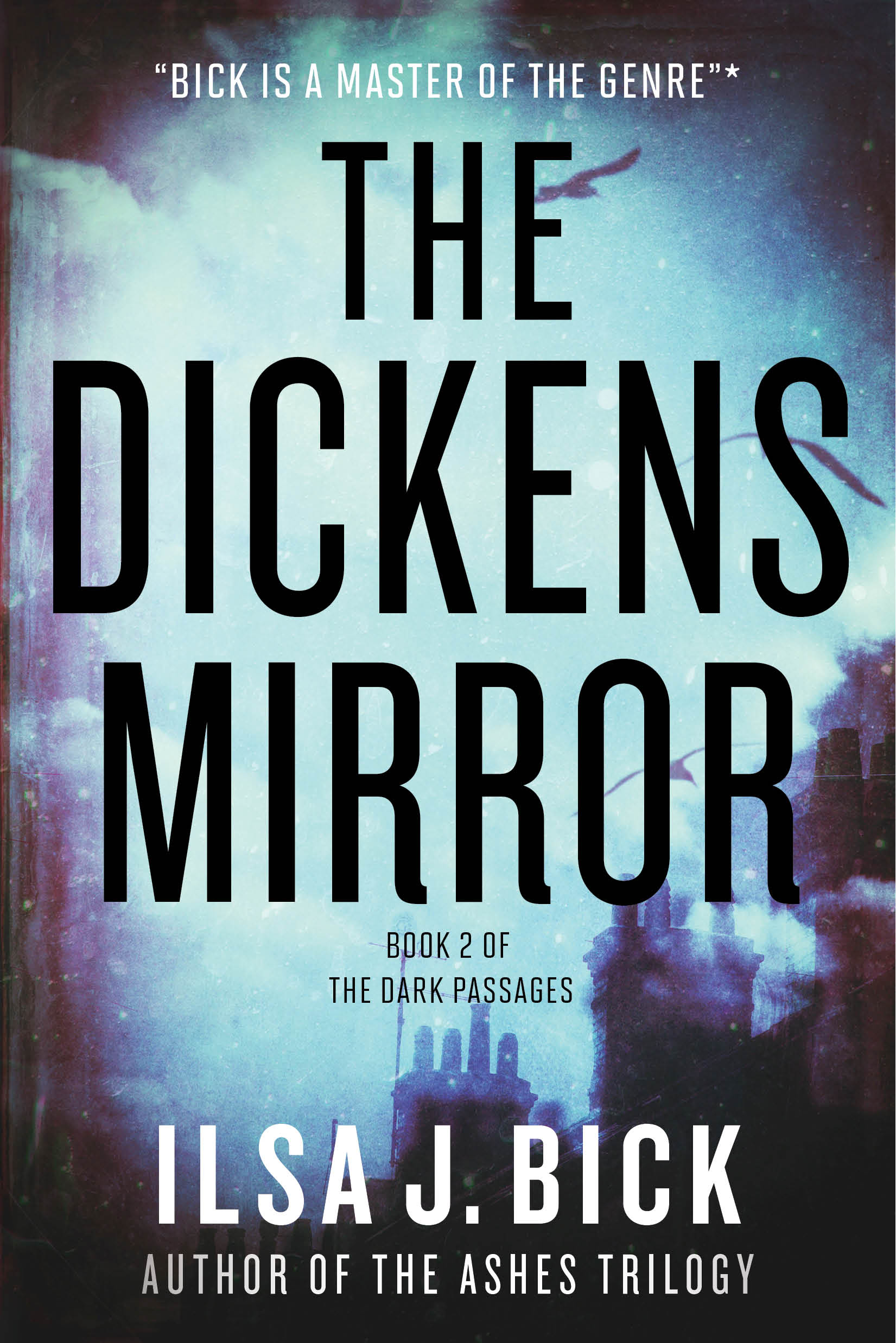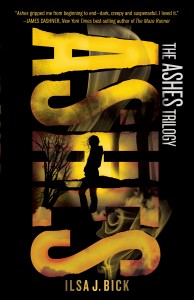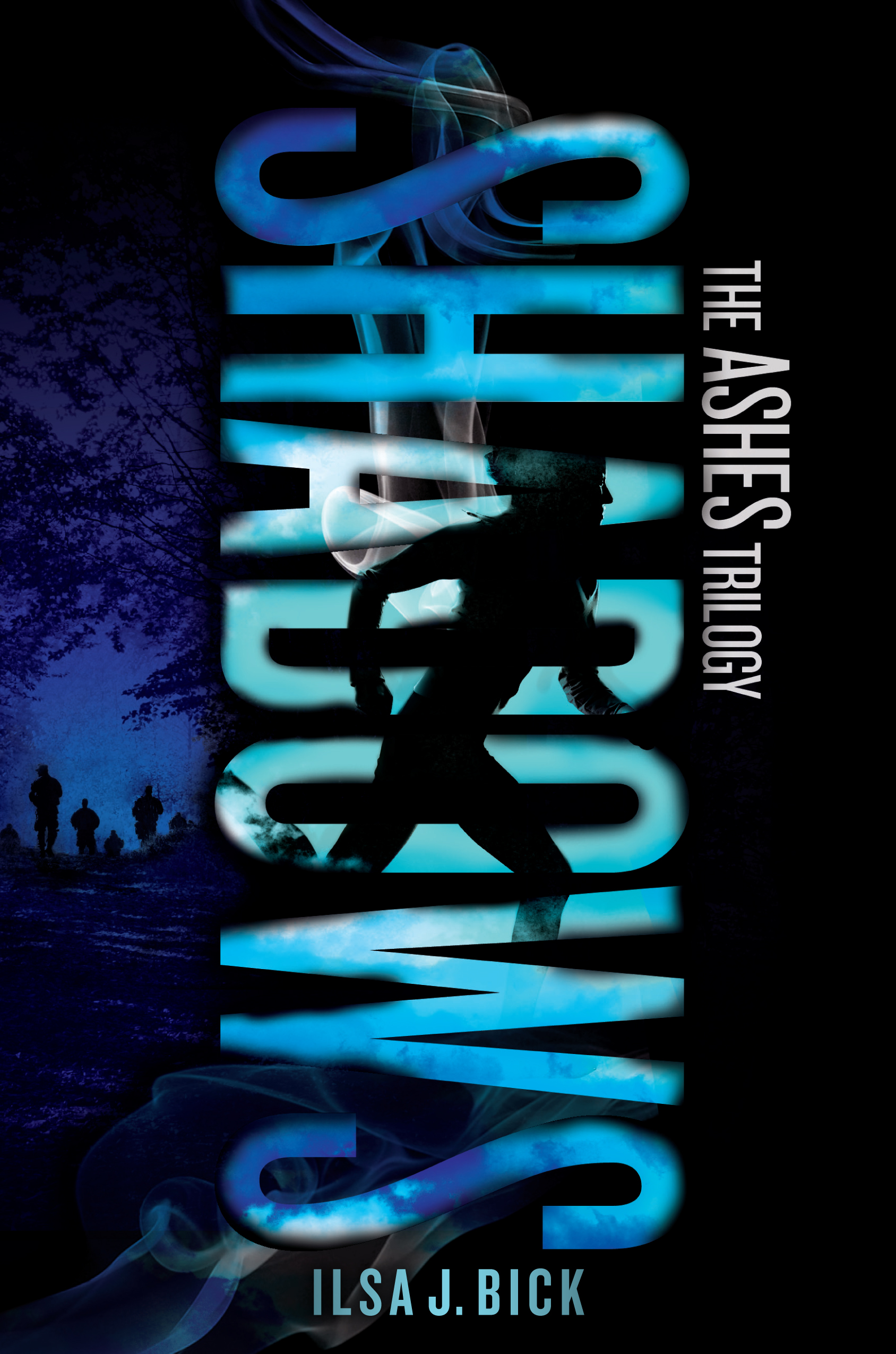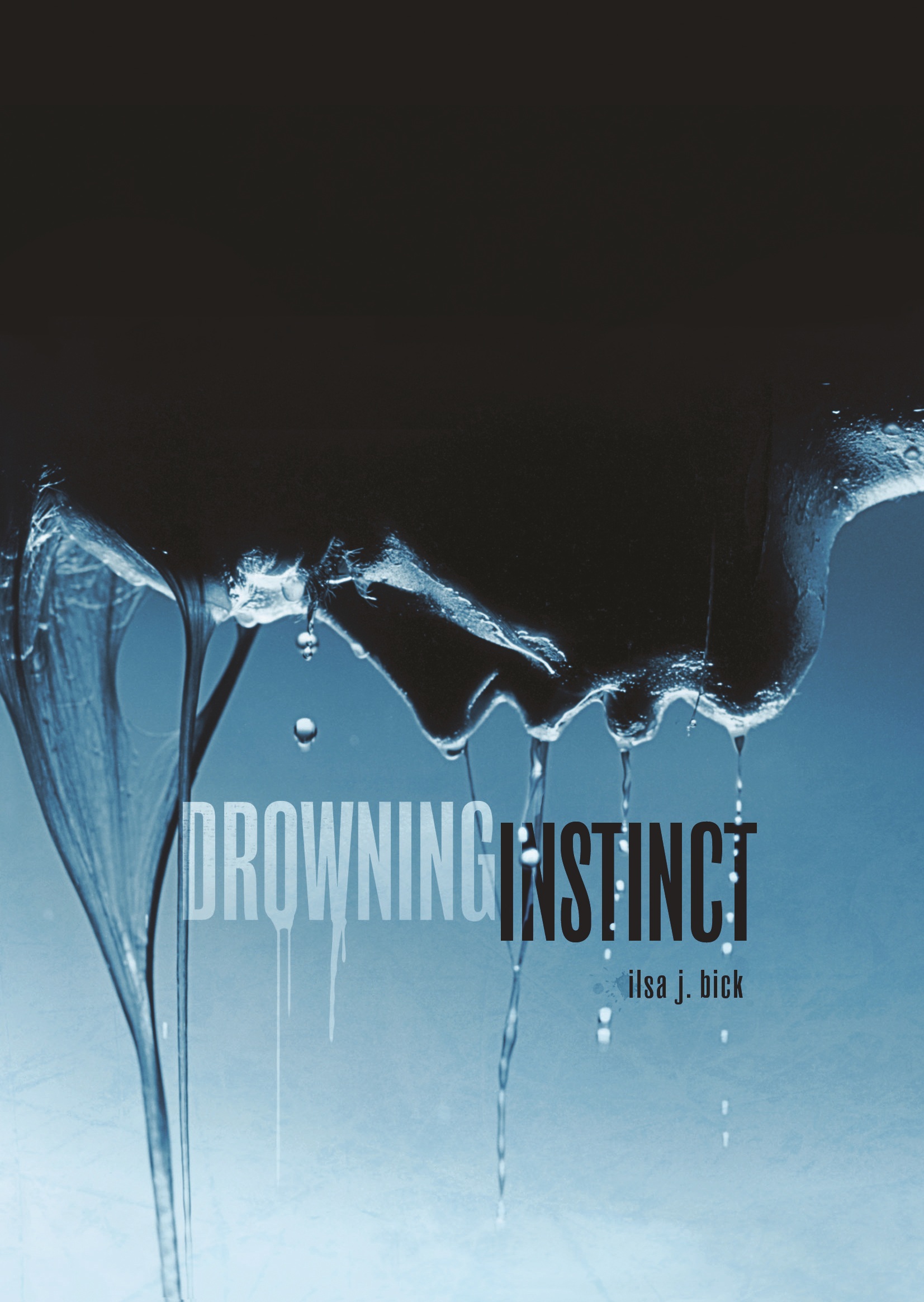One thing I gotta say about touring: the things that normally aggravate the heck out of you–flight delays, protracted time in the air, downtime waiting for the next flight, a particularly bad in-flight movie–can be a real boon for a reader. Suffice to say, I read a ton this past month. Again, it may have been my mood, but I found myself enjoying several books but then ultimately punting because a) they didn’t hold my interest to the point where I wasn’t skimming; b) a big reveal happened WITH NO FORESHADOWING AT ALL and completely ruined my read; or c) at least in one case, I was only so-so with the plot but entranced by the author’s obvious skill with line-by-line writing… until the moment said-author had a character (medical doctor) say something completely outrageous and factually inaccurate. (Trust me; I know whereof I speak here.) Having said that, however, there are several books here with plenty of moxie and worthy of your time.
Audiobooks didn’t fare well. I sat through one less-than-inspiring listen which left me fairly cold, though that might also be the fault of the story itself. The writer is a favorite of mine, but I’ve been less than enraptured by his latest series. Why I keep plugging away is related more to my previous experience (and enjoyment) of his work than this current offering, which is, I suspect, what the publisher’s counting on. I only find myself wishing this splendid writer would rediscover his mojo.
I saw no movies, save one and it was okay but not worth a rave. Yet I discovered a WONDERFUL television series that’s absolutely worth a look-see.
Without further ado:
READS
Child, Lee. The Affair (Delacorte Press, 2011). I can go as gaga as the next person when it comes to an author I admire. (If Stephen King walked into this Starbucks this very second, count on me to spill my coffee all over him. I would gaze from afar. If I got too close, I’d gush.) So, anyone following my tweets whilst I was overseas knows that I found myself always one step ahead of or behind Lee Child. I mean it. While in Dublin, I wandered into a little bookshop to sign stock only to discover that Child had been there a bare hour before. Missed him that evening as he spoke in a local pub. Was ahead of him at a Waterstone’s in London. Did my bit at the Cheltenham Literature Festival a bare 48 hours before he was due to speak by which point I was back in London.
So that sucks.
Now, writers get tired. Some get formulaic and more than a few of the last Reacher thrillers have been less than stellar. Entertaining enough and certainly well-written, but the old formula–Reacher wanders into small town backwater and sets things to rights (Child’s said that his inspiration for the Reacher character was The Saint)–was getting pretty stale. So was some of Child’s writing, becoming so spare that Reacher sometimes felt like a slapdash pen-and-ink caricature: all outlines and no substance.
Does Child reinvigorate Reacher in this last thriller, The Affair? Well, it was much better than the previous few offerings and enough so that I enjoyed the read. In this 16th Reacher novel, Child’s made a nice shift back to a strategy he’s previously used to good effect in another Reacher novel, The Enemy: he goes backward. Like that earlier novel, The Affair takes place in 1997 and finds Reacher still in the military: an Army MP and major dispatched to work undercover in a small, sleepy Mississippi backwater. His investigation revolves around the murder of a local woman; the reason the Army cares at all is that the town’s also home to an Army base filled with more than enough Rangers to have done the dastardly deed. The enemy this time around is two-fold: besides the killer, Reacher’s got to contend with military bureaucracy (been there, done that) in an era of drawdowns and cutbacks. This is familiar Reacher territory in some ways; he’s dealt with military infighting before and this time the corruption isn’t confined to just a battalion or base. Throw in a female, ex-Marine sheriff who’s got both grit and baggage (but, I’ll be honest here: the extended sex scenes felt gratuitous, somewhat out of character for the series–sure, Reacher beds plenty of women, but the encounters are usually secondary to the action–and like filler, something to mark time before the next big reveal), and you have all the necessary ingredients for a bang-up, good read. Child changes things up by shifting into Reacher’s first-person POV (four other Reacher novels are also in first-person) and certainly establishes all the traits and quirks long-time readers of the series will recognize.
For my money, The Enemy was a more cleverly plotted, better-written book in terms of the workings and machinations of the military. Still, every fan will find plenty to like here, and Child knows what he’s doing. He’s a pro, and I appreciate and admire the craft here. There is, however, no real mystery here about one thing: The Affair ends where The Killing Floor — Child’s splendid first novel — picks up. If you want to see how Reacher began, read how it all ended.
Haldeman, Joe. The Forever War (St. Martin’s Griffin, reprint 2009). I have a confession to make: before this book, I’d never read any of Haldeman’s work. Don’t ask me why. Given my interest in the military, I should’ve. OTOH, and to be fair, I didn’t read a bunch of military sci-fi when I was younger, and Haldeman, a Vietnam vet who clearly explores that war in his fiction, penned stories that didn’t thrill me as much as, say, hard sci-fi. And, honestly, I just wasn’t interested in Vietnam back then, maybe because, as a young kid, I didn’t understand what the war was really about and by the time I became a sentient human being, there were other things to worry about. Vietnam was something to forget not dwell on and certainly nothing to really give any serious thought.
What an idiot. Me, not Haldeman.
I picked up this classic of military sf while on layover in Chicago and so discovered what I’ve missed all these years. Haldeman’s writing is terse without descending into caricature, but there is also plenty of violence here (including sexual). The strength of the story, though, doesn’t reside with the characters or even, in many ways, the situation–to wit, he science is actually quite hard-core; and the story is deceptively simple,the plot turning on a physicist turned soldier named William Mandella. Earth is at war with a mysterious race, the Taurans, and the beauty of the conceit is that because of the vast distances involved in fighting this war, each battle is horrifically lopsided. In other words, if you’re traveling at near light-speed, but it still takes hundreds of years (in Earth time) to reach your target, the enemy has had those hundreds of years to perfect their weaponry. By the time you reach your destination, you’re already outgunned. Battles are waged and the results aren’t known for years afterward. To say that this is an allegory about Vietnam or the futulity of war is almost too simplistic. With its graphic violence (both battle-related and sexual), this novel reads much more like an extended case of PTSD. Take the time to read this short and powerful novel.
Panek, Richard. The 4% Universe: Dark Matter, Dark Energy, and the Race to Discover the Rest of Reality (Mariner Books, 2011). This year, the 2011 Nobel Prize in physics went to three men–Saul Permutter, Brian Schmidt, and Adam Riess–for their discovery of what 96% of the universe is composed of: dark matter and the much more elusive, dark energy. Does anyone really know what these things/entities are? No, but they do make up the majority of the cosmos and dark energy appears to be responsible for the fact that our universe is neither static (as Einstein thought) nor are its boundaries beginning to collapse (as might be predicted by the inflationary/Big Bang model). Instead, the universe is expanding, and it is doing so at an ever-increasing rate as galaxies accelerate away from one another. Panek’s book is not a scientific tome although there’s a fair amount of easily understandable cosmology; you don’t need to remember calculus to get what’s going on here. Panek has instead focused on the race toward discovery: the personalities involved, the misjudgments, and–to be fair–some subterfuge and academic backbiting. Anyone who’s involved in research will know whereof I speak; academics can be cunning, devious, ruthless, and egotistical. But many are dogged, and most are relentless in their drive to understand the universe’s deepest mysteries. Some of this otherwise wonderful book is a slog; it bogs down a bit in the middle; but this is a book about personalities as much as it is about science. The fun comes as you realize that the jury’s still out on exactly what 96% of the universe is made of.
Schreiber, Joe. Au Revoir, Crazy European Chick (Houghton Mifflin, 2011). Okay, I’m going to get this off my chest right off the bat: I don’t care what the marketing people say, but this isn’t a young adult novel. Yes, you can make the protag eighteen; you can send him to prom; but that doesn’t mean you’ve written a YA novel, especially when the protag acts and carries himself like, oh, a twenty-nine or thirty-something. I wasn’t convinced and I don’t think most readers will be either.
Just so we’re clear on that.
Having said that, this book was a blast. Schreiber’s also very active in the Star Wars universe, and if those books, which I’ve not read, even approach the fun and craft of his more popular novels (all of which I’ve read and of which Chasing the Dead is still my favorite) then those Star Wars fans are blessed. Here, Schreiber crafts yet another fast-paced page-turner. Think Ferris Bueller meets La Femme Nikita, and you’ll get the picture. This breezy, action-packed novel follows high school senior Perry Stormaire, who only wants to get into Columbia and finds himself been roped by his parents into taking their lumpish Lithuanian exchange student, Gobija Zaksauskas, to prom. In very short order, Gobi reveals herself as anyting but boorish. Gobi is a trained assassin, in stiletto heels no less. What begins as the prom date from hell turns into a pedal-to-the-metal, high-octane ride through Manhattan as Gobi goes after her targets. Despite the very real tragedy driving Gobi’s behavior, it’s very hard to take this at all seriously, largely because I suspect Schreiber had such fun figuring out how he was going to get his charcters out of their next jam. Structuring each chapter around questions taken from college applications–What single word best describes you and why? (Princeton); What are the responsibilities of an educated person? (Yale); etc.)–is an inspired touch.
LISTENS
Zilch. In the words of the immortal Guy from Galaxy Quest: Ohhh, that’s not right.
LOOKS
Hmmm, that little clip’s inspired me to take another look at Galaxy Quest, but that’s neither here nor there.
Let me tell you about a very fun show. It’s called Homeland and airs on SHOW, right after Dexter (a show I’ll get to at another time; not that I don’t enjoy Dex, but I will come clean: I completely skipped last season. Just . . . wasn’t interested.). Homeland‘s premise is very simple: what if a Marine, held for eight years in Iraq before being liberated, has been turned? What if the man everything thinks is a hero is really a terrorist? How do you catch him? What makes him suspect–and are you sure that your suspicions aren’t founded on your own obsessions?
That’s it, in a nutshell, and it is brilliantly conceived and executed. Even the show’s intro is fabulous (and haunting; think about what’s implied about a generation brought up in a news cycle replete with paranoia). Based on an Israeli series, Prisoners of War, Homeland is really a psychological thriller and revolves around CIA operations officer, Carrie Mathison, as she first investigates and then is consumed by her singled-minded, obsessional belief that Marine Sergeant Nick Brody has been turned by his Al Qaeda captors. In her quest to expose Brody, she approaches the only person she trusts, Saul Berenson, CIA Middle-East Bureau chief and Carrie’s mentor.
What complicates her investigation is not only the fact that she’s alone in her belief but that Carrie might be seriously unhinged. As in a barely controlled psychotic. Popping clozapine (yes, a real live antipsychotic) supplied by her physician-sister, Carrie keeps her illness secret, knowing that she’ll lose her job if anyone finds out. (This is accurate, by the way. I treated a couple intelligence folks back in the day, and they ALL kept their visits below the radar and off the books.)
It would be easy to dismiss Carrie as delusional, except that Brody really has changed. Distant from his wife, estranged from friends, Brody is plagued by hallucinations and flashbacks. Oh, and he secretly practices Islam in his garage.
The actors here–Claire Danes, Damien Lewis, and my favorite, Mandy Patinkin as Saul–are stellar. The writing is spectacular; the reveals are skillful. You get tons of clues, but you have to be paying attention, too. What first seems to be throwaway line isn’t; everything you need to know is right there; and although I think I know what’s going on, I’m not going to tell you. Instead, watch the show and figure it out for yourself. Oh, go on: you can see the first episode, in its entirety, on the Showtime site. But be warned: this baby is addictive.







